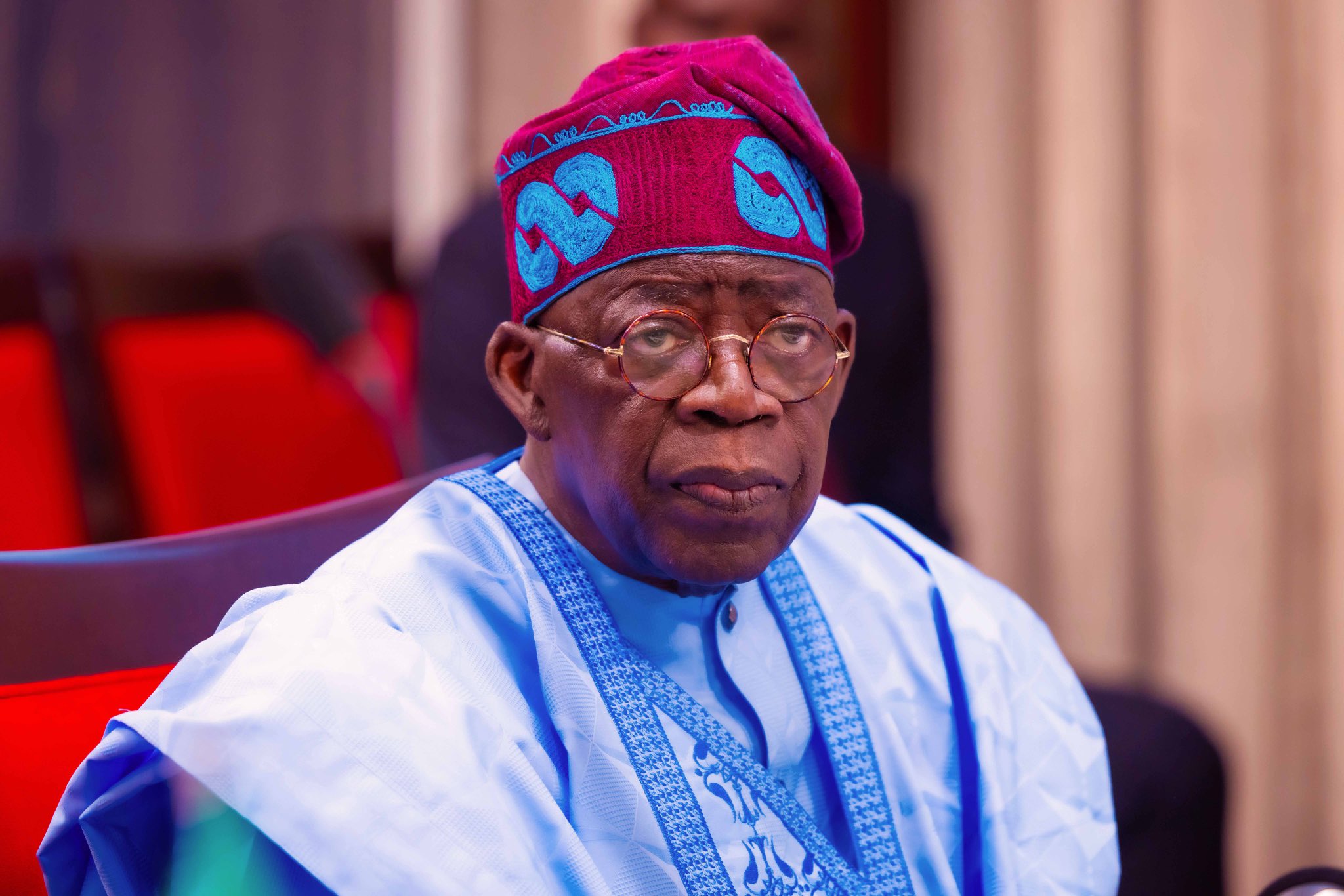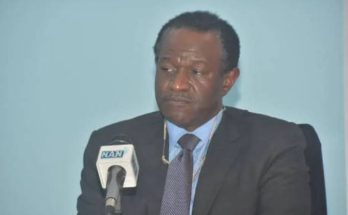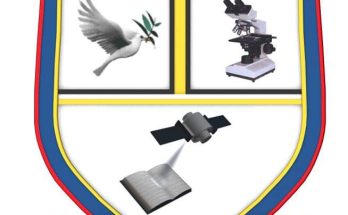Recently, the national universities commission (NUC), in conjunction with a finance consultant: White knight Consulting (WKC), organised a-3 day workshop on the adoption of international financial reporting standards (IFRS). AUGUSTINE OKEZIE takes a critical look at the import of the workshop against the background of dwindling fortunes in the teaching and learning of the accounting profession
Declaring the workshop open, the director, Finance and Accounts, National Universities Commission, Sam Onazi, underscored the training exercise, saying the concept was to first update accounting curriculum of degree programmes such as B.sc, M.sc and Ph.D.
Onazi said the Nigerian government had mandated Government Business Enterprises (GBEs) to adopt the IFRS effective 2012 while Public Sector Entities (PSEs) were also initially mandated to adopt IPSAS in the preparation and presentation of financial reports effective 2013.
Also in a keynote address at the occasion, the executive secretary of (NUC), Professor Julius Okojie stated the willingness of the commission to support the implementation of financial reporting standards and public sector accounting in Nigeria universities by training critical mass of lecturers on the subject areas.
The NUC boss also stated that National Universities commission will monitor effectively the finances that come into the Nigeria University system through adequate training of lecturers on financial reporting standards.
“The federal government recently began the disbursement of the N1.2t Public Universities revitalization fund, and as you are aware that we equally have international donors, our university system needs professionals to manage this funds satisfactorily, so there is need to even train our Vice Chancellors on how to report these finances in accurate terms that would be understood on a global platform”, the NUC boss said.
He also said that the commission will collaborate with the financial reporting council of Nigeria, professional bodies and other stakeholders to equip accounting graduates with the required skills and knowledge that would meet the surge in the demand for International financial reporting standards.
“Nuc will collaborate with the financial reporting council of Nigeria, professional bodies and other stakeholders to design programmes that will fast track the teaching and learning of IFRS in Nigerian universities”
“We are doing this so that we can equip our accounting graduates with the required skills and knowledge that would meet the expected surge in the demand of IFRS and the International Public Sector accounting Standard”
“This workshop therefore is one of the NUC programmes for the implementation of IFRS and International public Sector accounting Standard” he added.
He further emphasized that training manual for the teachers of the Accounting and finance subjects in Nigerian Universities, needed to be upgraded to equip accounting graduates with adequate knowledge.
He advised accounting scholars and professionals in Nigerian universities to contribute to financial reporting standards as it would enhance the review of the accounting degree curriculum of Nigerian universities.
“Accounting scholars and professionals are encouraged to contribute to the subject areas, as such would produce a robust outcome that could enhance the review of the accounting degree curriculum and benchmark minimum academic standards”
An international financial reporting standard is a set of standards developed by the International Accounting Standards board founded on April 1st, 2001.
Not a few stakeholders are presently worried at the dearth of standardised accounting teachers as well as student’s declining interest in enrollment into accounting programmes in the various universities. A development many would suggest could be traced to several factors
Muhammad A.M. Mainoma, of the Department of Accounting, Nasarawa State University, attributed the reasons for the declining standards in the accounting profession to several factors including the role of Nigerian universities, which significantly has pivotal duty of developing the accounting profession, which they are often found slacking.
Another factor that was considered responsible is the type of educational system that has evolved over the years. As Nigeria’s educational set up continues to decline rather than witness planned growth so does the attendant declining interest of the teachers and students in the accounting profession.
The consensus of opinion therefore is that the relationship between Accounting as an academic discipline and the universities continues to be problematic for the accounting profession to achieve its goals in Nigerian economic development.
‘’There is a weak nexus between instructional practice and research, lack of balance of theory and practice in curriculum, University rules and regulations are rigid and no dedicated effort for doctoral research. Accounting professional bodies are at rivalry and have little linkage with existing research findings and innovations in accounting’’.
As a way forward, the university dons suggest a dynamic development of curriculum, a good synergy of research and practice in Accounting.



